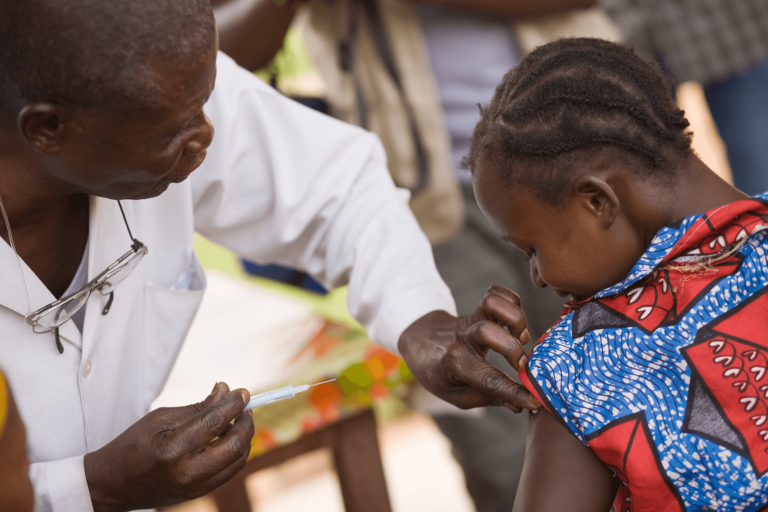Clinical Trial Myth Busters: Get the Facts About Research
How much do you know about clinical trials? If the answer is very little, you aren’t alone. 41% of Americans know nothing about clinical research.
If you haven’t heard of clinical trials at all, they are how researchers test new medical treatments and drugs to make sure they are safe and work well. Trials are essential for any new medicine to become available.
If you have heard of trials before, it’s possible some of the things you’ve been told aren’t actually true. There are many clinical trial myths out there, but we’re here to help clear up the confusion.
Keep reading to learn the truth about five common research myths.
Myth: Only very sick people participate in clinical trials
Fact: Many people can take part, even healthy ones
Some people think that clinical trials are only for people with serious, life-threatening conditions and no other treatment options. It’s true that trials can provide vital hope by offering new treatments that aren’t available elsewhere. However, there are many types of research available, and you don’t need to have a severe condition to take part.
Each trial has specific rules about who can join. Researchers may need people at different stages of a condition, from early to advanced, and for both common and rare diseases. Healthy volunteers are also needed in some cases.
The bottom line: don’t rule yourself out of clinical research completely. Although not every trial will be the right fit, many could be.
Myth: Clinical trials treat participants like lab rats
Fact: Participants are respected and protected
One unfortunate myth is that clinical trials are dangerous and that people who participate are treated like test subjects or even “guinea pigs.” The truth is that participants’ rights and safety are well protected.
There are many different rules in place to ensure trials are safe. While risk levels can vary, researchers must explain these risks and work to reduce them. Steps to do this include regular checks throughout the study and ways to report any problems quickly.

Myth: You can only participate from a big city
Fact: Technology opens more ways to join trials
If you don’t live in a major city, you might think there aren’t any clinical trials near you. There is a bit of truth that many trials are often hosted at large hospitals or universities in big cities. However, advances in technology are changing this.
More trials than ever before involve local doctors or even allow you to participate from your home. These options are not available for all trials, but there are more opportunities to take part in research than you might expect, and you don’t always need to travel to a big city. And if you do need to travel, you can find studies that will cover the cost and help with planning.
Myth: Your doctor needs to refer you to a trial
Fact: You can find and join studies on your own
You may think that the only way to get into a clinical trial is through your health care provider. While talking to your doctor about research is a great place to start, it is not the only option. However, you may learn after talking to your doctor that they aren’t involved in or familiar with clinical trials. In this case, it’s important to know that it doesn’t need to be the end of your research journey.
Tools like Carebox, Antidote, or ClinicalTrials.gov allow you to search based on your health condition. You can also add filters to find trials that might be a good fit. Once you see one that could be an option, reach out to the contact for that trial to ask questions and learn more.
Depending on your condition, you may also be able to work with a patient advocate who will search for trials for you and help you throughout the process. You can find an advocate through non-profit organizations related to your illness or, in some cases, through your health care provider.
Even though you don’t need your doctor to refer you to a trial, you can still ask them about how participating might affect your current care.
Myth: Getting involved is too complicated
Fact: Resources can make the process easier
At first, it may seem like you need to be an expert to find and take part in a trial. However, the good news is that this isn’t the case. People from all backgrounds participate in research — and you can, too. There are many resources available to help make this process easier.
Our Resource Library is a great starting point. We’ve collected information from trusted sources about a wide variety of clinical research topics, and you can search based on what you want to learn.
Even if you are not interested in participating in a trial, there are still ways to get involved. Just by reading this blog and sharing what you’ve learned, you can help more people understand the truth behind clinical trials.






